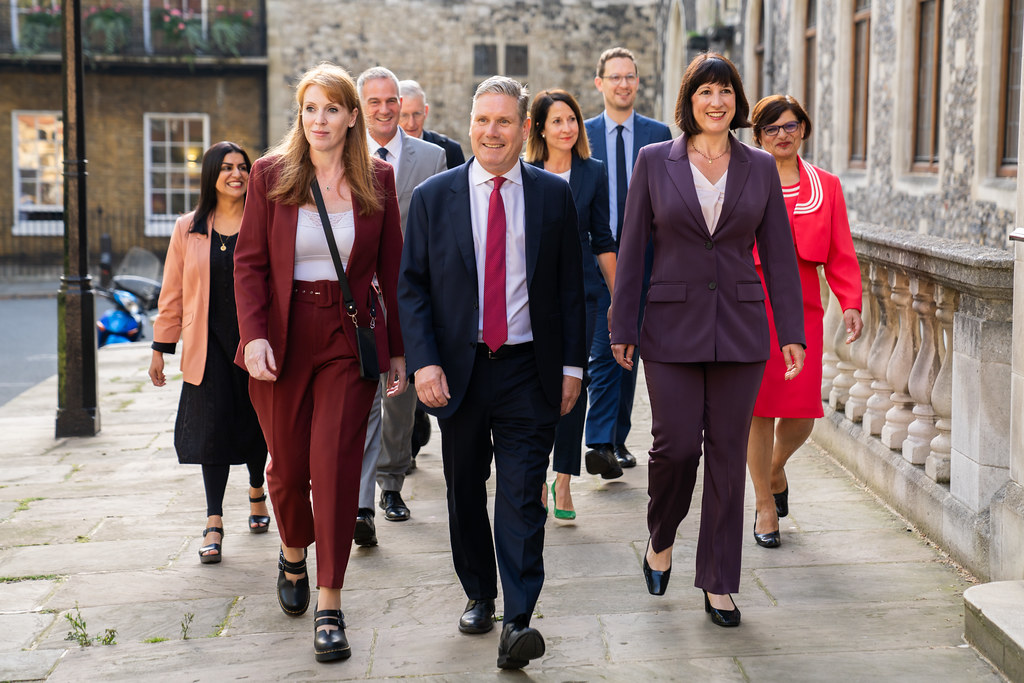What a great TRZ webinar with Helen Jackson from Vodafone this month. I continually get feedback that it is really good to hear success stories like these as they show just how a company like Vodafone not only implemented a new LMS but also transformed HR in the process. How did they go about it, what did they learn, how did they get buy in, what lessons did they learn, what were the results and so on. The learning function sits within the HR Department in Vodafone, and has a strategic role within the business. HR are ‘Business Shapers’ and are supported from the top down. Helen did a fantastic job during the presentation so I’ve extracted some of her top tips.
Building a business case is not all about the money - People often think that the one of the things to transform is just the cost. The cost and effort to change should not be underestimated, however the system is merely an enabler. Take the opportunity to examine the way that you work, the way that you are organised, changing systems is a great opportunity to challenge the way things are done. If you only transform the system and don’t transform anything else then you won’t get the full benefit. Implementing an LMS can be the catalyst for transformation.
Deciding where to start – think about what your biggest pain points are. This also helps you to identify quick wins. Also go where the energy is. The first deployment is going to be tough. Things will change from the pilot to the live system. Keep the energy going throughout the rollout – drip feed functionality into markets when they go live, then you can build on other functionality as they become more mature. If you throw too much at them at once they might be overwhelmed.
Align with company strategy – Align your business case to the company strategy. Sell each side of the story and keep relaying it back to the strategy. Paint a compelling business case and drive the message home. Once you have put all of your learning eggs into one basket, ensure that you supporting it, you have the governance right and that you continue to listen to the market.
Define a set of guiding principles - the principles should be really easy to remember, easy to articulate and easy for people to understand. As you embark on the project and are in the depths of implementation ad delivery you can look back at the guiding principles.
No customisations – Be innovative, think of the end not the journey. If someone says they need a particular function, then ask why? It they cannot justify it or tell you what they want to do with it then they can’t have it. Simplify and automate, let the system do what it is good at. Sell the benefits, but some requirements may have to go.
Keep it consistent and central - Take as many of the infrequent processes and see how you can centralise them.
Centre for expertise – Creating a shared service centre ensures greater control and consistency. If you have a small region where you are implementing the LMS then is unlikely that there will be a learning admin in that country. Pair each person up in the shared services team with the local teams, this makes people feel like they are part of one team. It’s an efficient way of managing learning and you build great expertise.
Data, IT and Security requirements - Work closely with the IT and Security teams at the start of the process to ensure you get their buy in. Allow them to have a say in the selection process to ensure that the shortlist of suppliers will meet the various requirements. It should be a joint decision.
We were flooded with questions during the webinar and lots of interest. If you didn’t get a chance to see it, then take a look at the recording.









